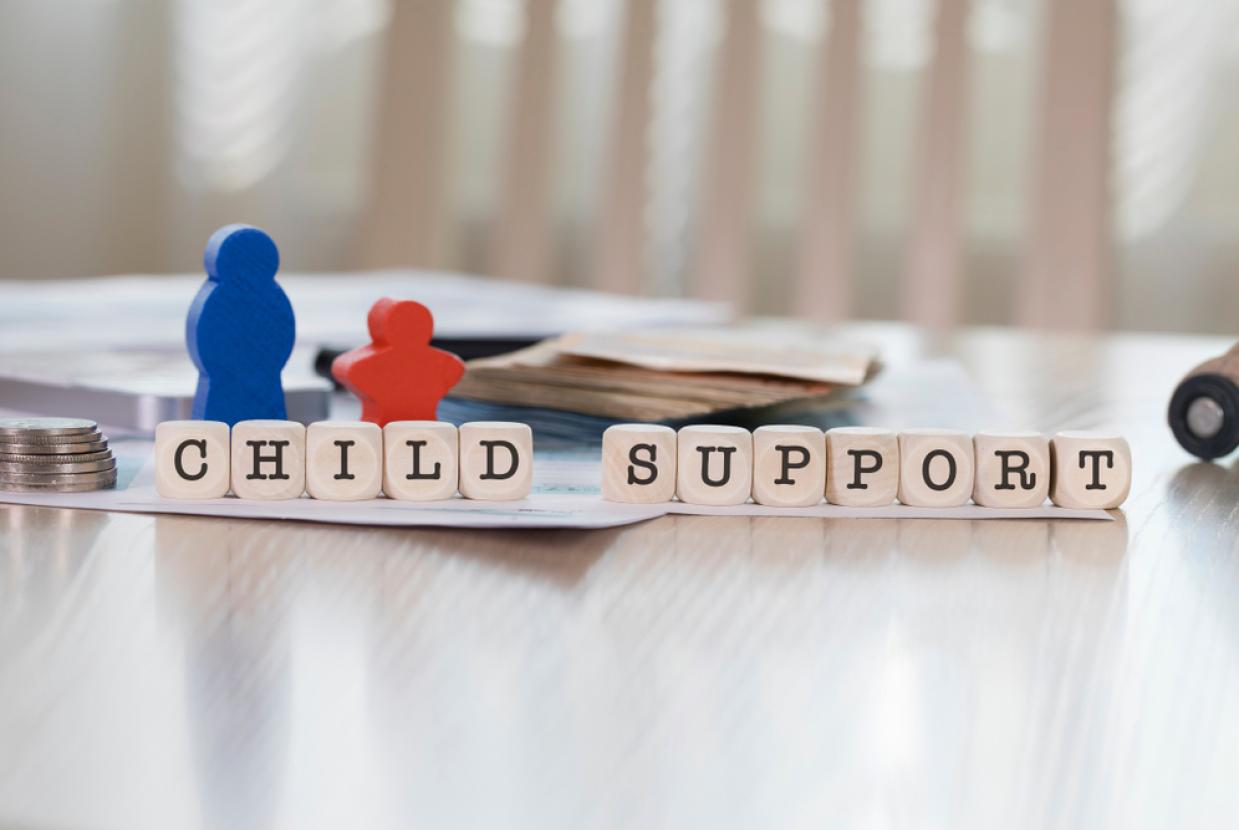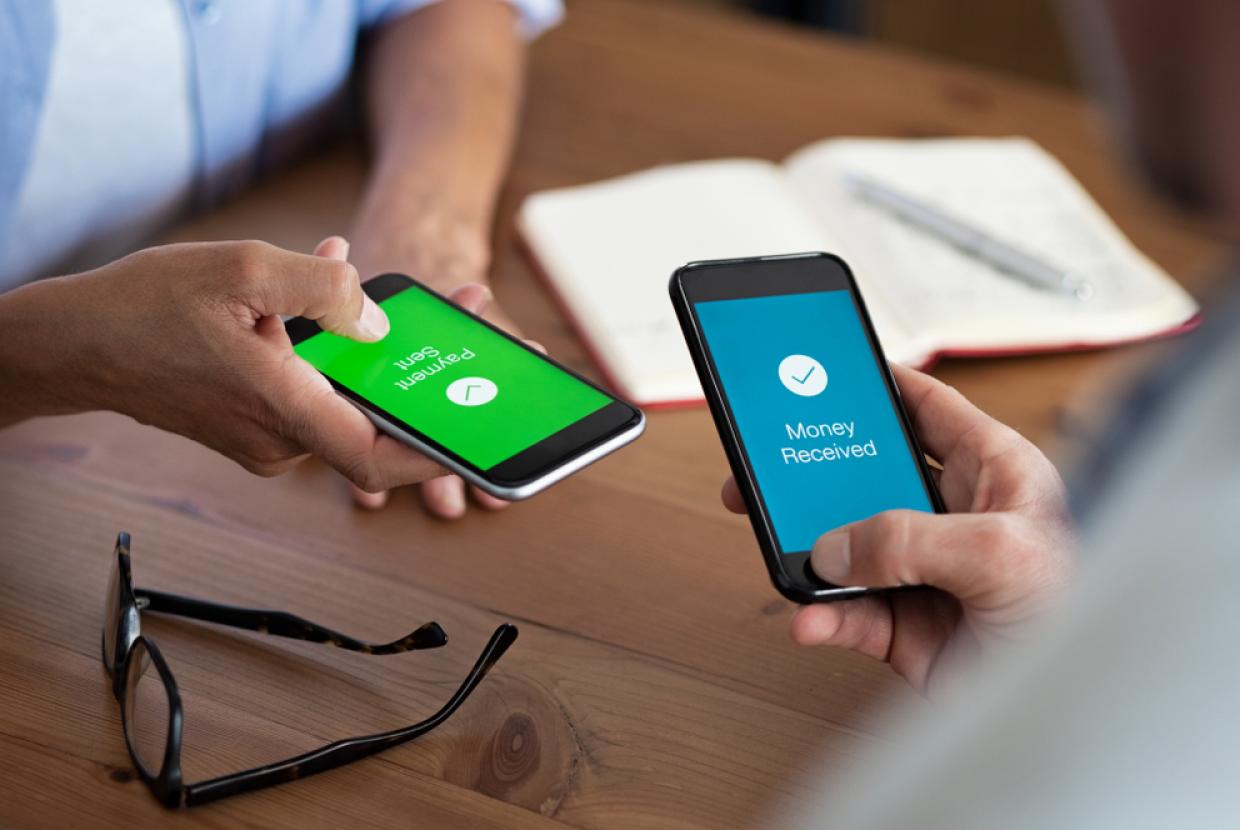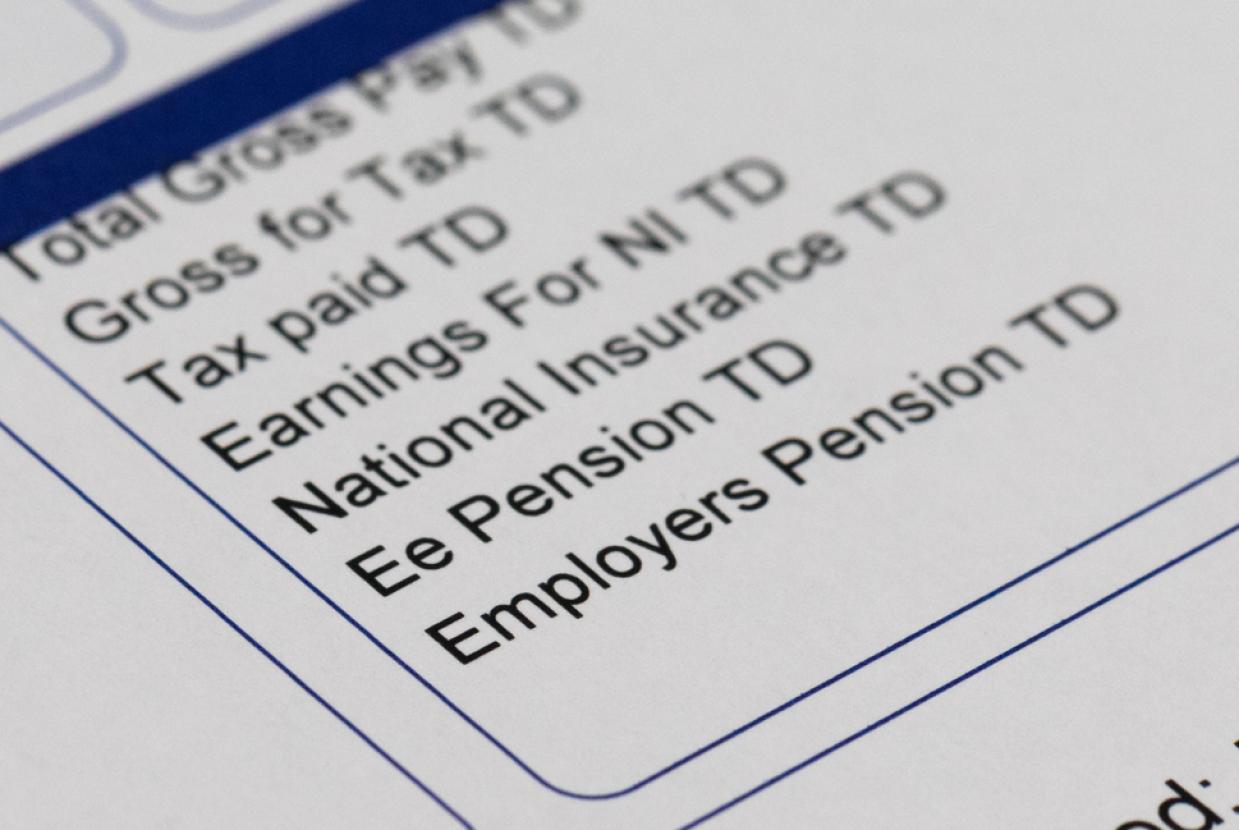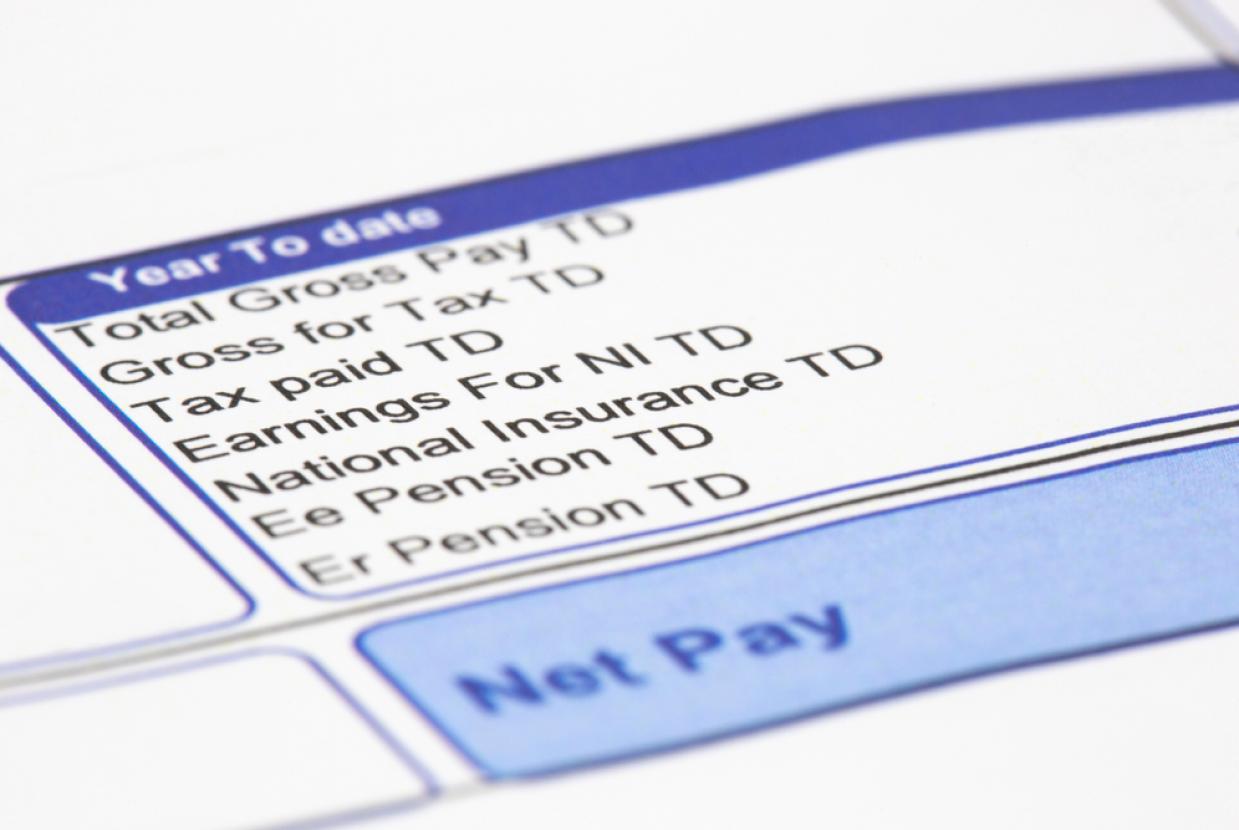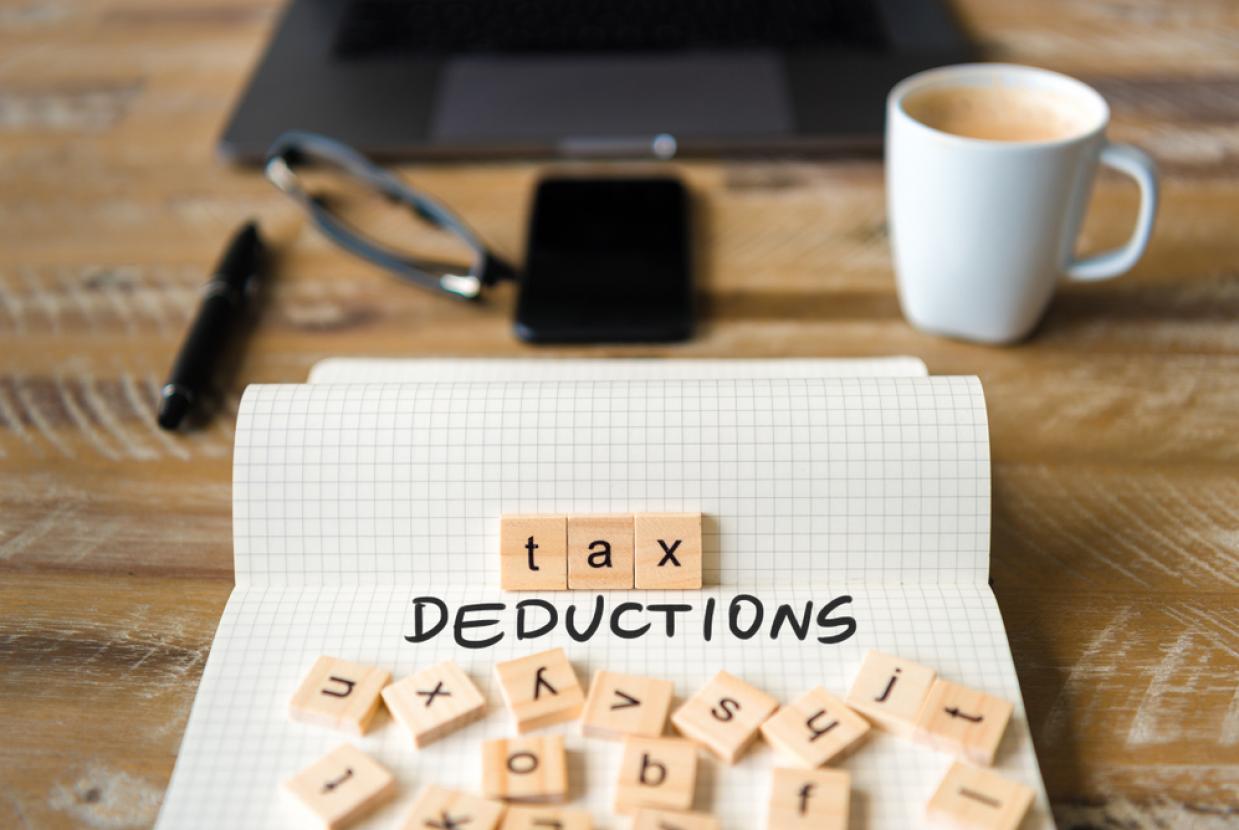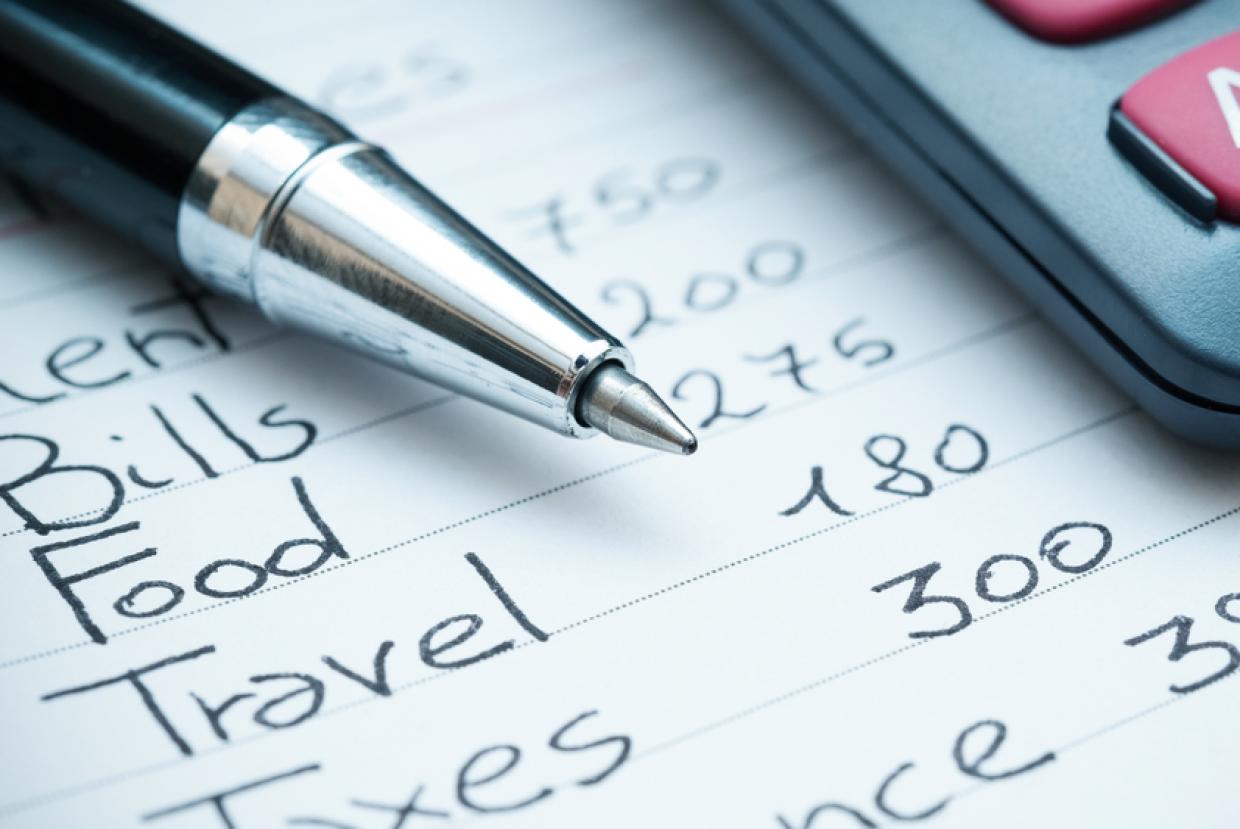The Power Of Pocket Money
Financial HealthKids are getting close to £12 a week in pocket money these days – although some have to earn theirs through various jobs and chores.
How pocket money can help your kids better understand finance
The sooner kids are familiar with coins and notes, they quicker they begin to appreciate the value of money, and this can be hugely important in later life. In fact, MoneyHelper research shows a child’s money habits have largely formed by the age of seven.
Once they understand what it is, and have seen how you use it, pocket money is a great way to get them to understand what money is used for - whatever their age.
Giving them the opportunity to spend their own money will help them decide when they spend it, how they spend it, and whether they want to save it. They will make mistakes - but they’ll learn from those errors.
Encouraging children to save
As your kids begin spending their money themselves, encourage them to think about how they might be able to save for more expensive items instead of more immediate treats.
You can help them to work out how much they’d need to put away and for how long to reach their goal amount. Then you can pick out a money box or savings account for them to store the cash. Some kind of chart is a great way to demonstrate progress.
Helping children learn to prioritise spending
When your children get older, you can start giving them more money, but also get them to pay for their own toiletries, clothes, sports or going out. Don’t add them all in at once, gradually introduce an expense and up their allowance accordingly.
If you’re giving a weekly allowance, you can move it to monthly to help them get used to making money last for longer.
These changes will really help them realise money isn’t an unlimited resource. They’ll think more about budgeting and prioritising what they want to spend their money on. Plus they will begin to realise there are essentials they can’t go without, even if there are more fun options.
Earning money for chores
You can also show your children that money doesn’t come from nothing by paying them extra money if they complete tasks or chores around the house.
And as they move into part-time work, and begin to have more cash available to them, you can encourage them to put that money towards new expenses such as driving lessons.





















